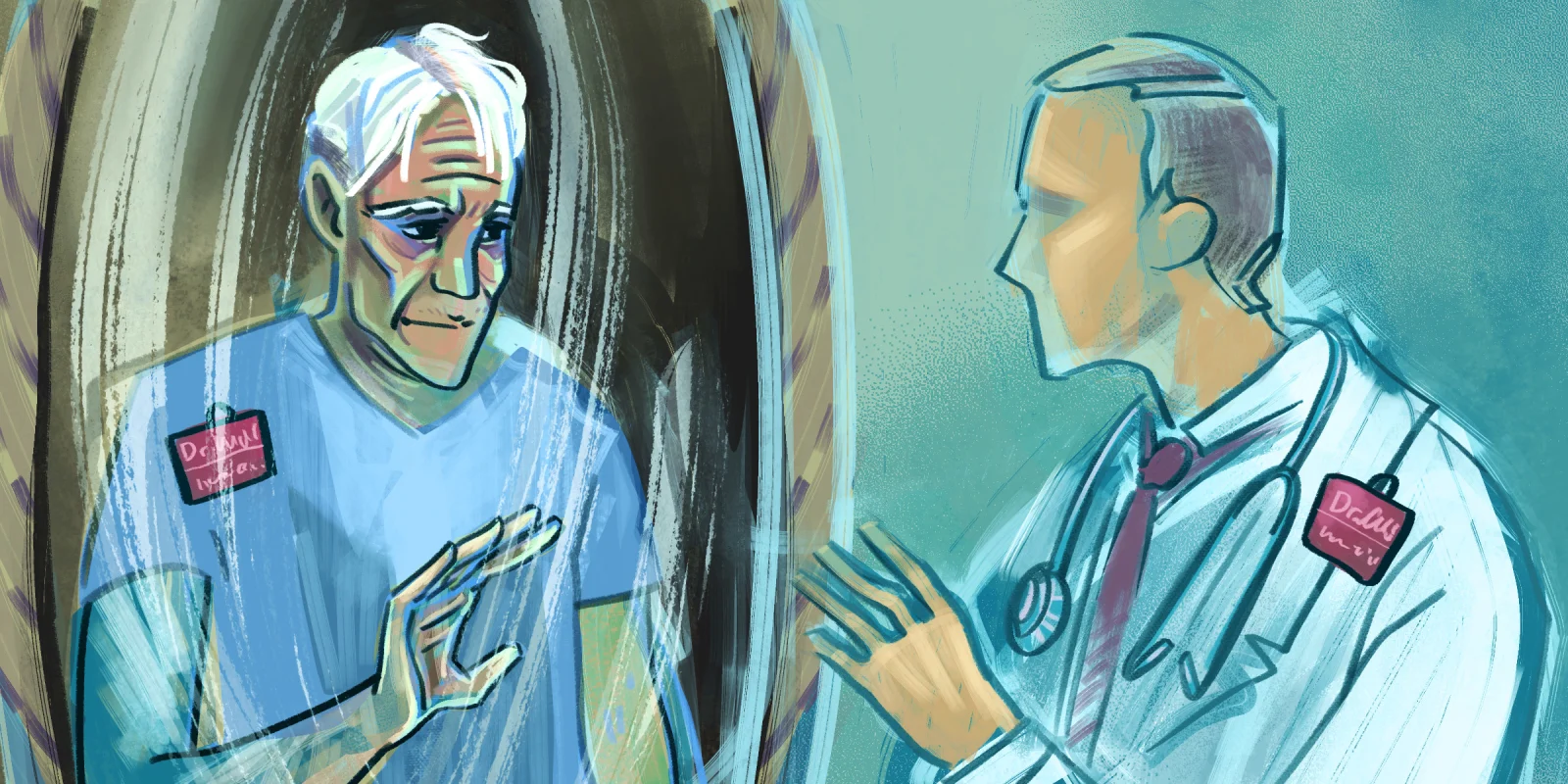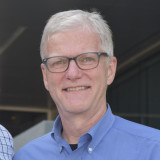For several years, I have wondered what the end of my career might look like. This is not just idle curiosity. I have observed other surgeons approach the end of their work lives, and I’ve noticed four common patterns:
1) Some surgeons make careful plans, rely increasingly on younger associates, turn over the reins, and finish their careers with grace.
2) Some surgeons stay on too long, resist help, turn inward, hurt people, and are forced out.
3) Some surgeons have a disastrous outcome, a lawsuit, or a business implosion, and throw in the towel.
4) Some surgeons continue working until their own health deteriorates and puts an end to their career.
I know which of the options I would choose — but it’s often not so simple. Why do we have so much trouble controlling our retirement glide paths? Our careers may start off strong, but it’s easy to fool ourselves into believing we will never grow old.
Thirty-four years ago, I was the first person in Wisconsin to have ever completed an accredited head and neck cancer surgery fellowship. My training was a wonderful learning experience. I spent two years in conferences listening to some of the best-known and innovative subspecialists in my field, and stood across the operating table from world-class surgeons. I absorbed their approaches and learned a range of new techniques. When I finished my fellowship, I returned to the institution where I had done my residency to begin my career and revamp the head and neck cancer program. I knew I had a lot to learn, but hoped I was ready to make a difference.
The first months in practice were hard. Every patient was new, and translating what I had learned as a fellow into actual clinical practice was difficult. It took a while for us to assemble our treatment team and for me to find my groove.
Shortly after I returned, one of my colleagues referred a man in his 40s with a rapidly growing, recurrent throat cancer. CT scans were relatively new back then, and I reviewed the grainy images with our radiologist. My patient’s only — not very good — option was an extensive surgical procedure. The possibility of removing every cancer cell was small, though there was still a chance we might be successful.
I spent extra time with the patient and his family reviewing the risks of the procedure. We talked about what might happen if we did or did not operate. He decided to go ahead.
The day was long and difficult. After removing the cancer, we sent samples to the lab. Many of the margins had cancer hiding in the tissues, so we removed more and more. I worked well into the evening before the pathologist called to say that the margins were probably clear. In that era before microvascular reconstruction, I created the largest pectoralis major flap I could and closed the defect.
He did fairly well for a while but, after a few months, his cancer roared back. His case was one of my first in clinical practice. I have operated on many complex patients over the past three decades. During that time, imaging, radiation, and reconstruction options improved dramatically. Our multidisciplinary team grew, we focused on quality of life and survivorship, and our treatment armamentarium expanded. Given our team’s new capabilities, some patients with advanced, recurrent cancers did very well; others, unfortunately, met the same fate as that first young man.
Throughout my career, I always viewed “cancer recurrence” as something I could never predict or prevent. Outcomes depended more on genetics, nutrition, and the patient’s own ability to fight the cancer than on my technical expertise. Based on my training and the quality work of my colleagues, though, I felt we were offering the absolute best treatment. Occasionally, I wondered if a colleague at another institution, seeing the same patient, might have done a different procedure and had a better outcome. Of course, I could never know the answer to that question, so I set it aside.
As the years clicked by, our practice grew and the department hired new fellowship-trained surgeons; I explained to my patients that these were our “younger, smarter, and better-looking doctors.” They each brought a unique skill set, knowledge, and energy. I listened to them in tumor conferences and watched them operate, consistently impressed by their fresh approaches and innovative techniques. They are now in the prime of their careers.
As I approach the end of my own career, when I am faced with a patient with a complex recurrent cancer, I remember the man in his 40s who I met, cared for, and lost over 30 years ago. I have always told myself that his biology — not my surgical skill — determined his outcome.
But what if he presented today? What might my younger partners and their newer treatment options offer? I know his treatment would be different now than it was then.
Being a surgeon is an incredible privilege, and I still love what I do. Even so, I work to stay in my comfort zone and deliberately back off from the cases that would benefit from the newer, innovative approaches my partners have mastered; they have skills and expertise that had not yet been developed when I was a fellow. I run my relatively mundane cases past my younger partners in case I have overlooked an opportunity for a clinical trial or some new, slicker procedure. I hold the knife less often, because I still want the best for my patients.
I see myself backing away. I remain energized. I hope my career ends gracefully.
How do you keep your skills and expertise sharp as you move forward in your career? Share your strategies in the comments.
Bruce H Campbell, MD is a head and neck cancer surgeon at the Medical College of Wisconsin. His book of essays, A Fullness of Uncertain Significance: Stories of Surgery, Clarity, & Grace (Ten16 Press), was published in 2021. He blogs at BruceCampbellMD. Dr. Campbell is a 2021–2022 Doximity Op-Med Fellow.
Illustration by April Brust







